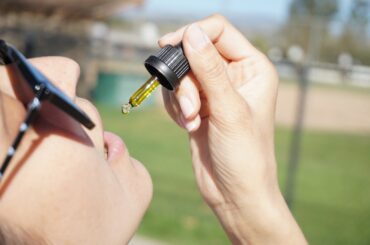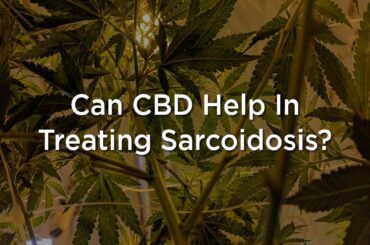A Holistic Approach to ADHD: Can CBD Be the Missing Link?
In an era where natural remedies and holistic healing practices are gaining traction, one compound has captured significant attention: Cannabidiol, or CBD. This naturally occurring, non-psychoactive compound found in cannabis plants has been hailed for its potential wellness benefits, ranging from pain management to anxiety reduction.
Understanding ADHD
Attention Deficit Hyperactivity Disorder (ADHD) is a neurodevelopmental disorder characterized by patterns of inattention, hyperactivity, and impulsive behavior. Traditional treatment approaches typically involve a combination of medications, behavioral interventions, and lifestyle changes. As the world becomes more accepting of alternative therapies, CBD has come to be recognized as a potential adjunct treatment for ADHD symptoms.
Understanding CBD
Before delving into the potential link between CBD and ADHD, it’s crucial to grasp what CBD is and what it isn’t. CBD is one of over 120 cannabinoids found in hemp and cannabis plants. Unlike its infamous counterpart, delta-9 THC, which is associated with marijuana and produces a “high,” CBD does not have intoxicating effects. CBD has gained popularity for its potential benefits in pain relief, inflammation reduction, and anxiety alleviation.
CBD and ADHD: Exploring the Possibilities
Early research has indicated potential connections between CBD and managing ADHD symptoms, although it’s important to note that more research is needed to solidify these findings. Some studies have suggested that CBD may help manage common coexisting conditions with ADHD, such as anxiety and insomnia, which could indirectly impact ADHD symptoms.
In the case of anxiety, frequently reported in individuals with ADHD, CBD has been studied for its potential calming effects. By potentially reducing anxiety levels, CBD might indirectly contribute to managing certain ADHD symptoms. Similarly, CBD’s potential to improve sleep patterns could indirectly support individuals with ADHD, given the prevalence of sleep disturbances in this population.
Anecdotal Reports and Clinical Research
Regarding ADHD symptoms directly, anecdotal reports have indicated that CBD may assist with hyperactivity and impulsivity, two key characteristics of ADHD. However, it’s essential to remember that anecdotal reports cannot substitute for clinical research, which is crucial for fully understanding the potential correlation between CBD and ADHD treatment.
Choosing High-Quality Products
It’s important to note that CBD is not currently recognized as a treatment for ADHD by major health organizations. However, its potential shows promise. Exploratory evidence and anecdotal reports suggest a potential supplemental role for CBD in managing certain symptoms, and ongoing research aims to deepen our understanding of this relationship.
Consult Your Healthcare Provider
If you’re considering CBD for ADHD, it is always advisable to consult with a healthcare professional first. CBD should not replace any current ADHD treatments but may be worth exploring as a potential supplement to traditional therapies.



